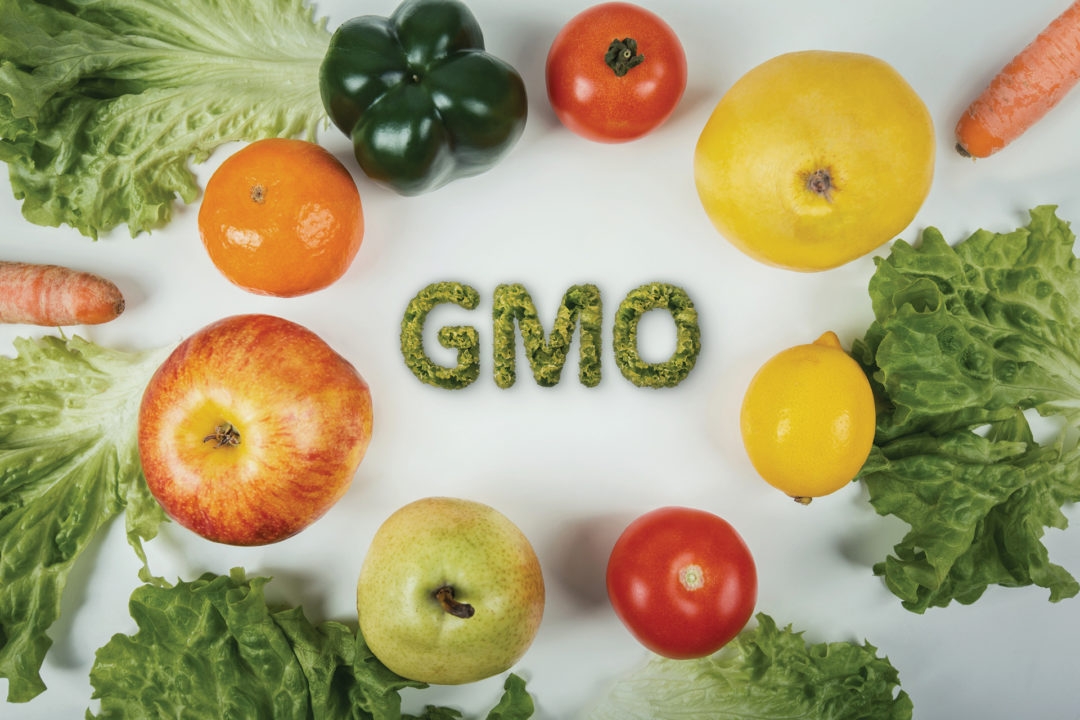So, what exactly are GMOs?
GMOS,akaGenetically Modified Organisms, are plants, animals, or microorganisms whose genetic makeup has been changed using genetic engineering. The stated purpose: to transfer a beneficial trait from one organism into another. For example, a gene to increase drought resistance or to improve nutrition. In reality, most GMO crops have only been engineered to withstand the application of the weed killer Roundup (making them “Roundup-ready”) or to produce an insecticide (Bt engineered).A newer type of genetic modification is RNA interference (RNAi), a gene-silencing method. Arctic apples and Innate potatoes have been engineered using this method. It turns off the enzyme that causes browning when the apple or potato is cut, bruised, or bitten. The addition of GMO apples and potatoes in 2017 brought the number of approved GMO crops in the U.S. currently to 10. The others are soy, corn, cotton, canola, sugar beets, alfalfa, papaya, and summer squash.
GMOs also end up in meat, dairy, and eggs through animal feed and growth hormone injections (rBGH and rBST). There are also new GMOs showing up in the meat and dairy aisle. Milk, cheese, and ice cream are being made using genetically engineered microbes to manufacture “animal-free” dairy proteins.
“If you see dairy products marketed as plant-based using ‘precision fermentation,’ you’re probably looking at a GMO,” according to the Non-GMO Project. It is unclear if the novel GMO microbes are in the final product.
New Developments with GMOs
Lab-grown meat (akacultured meat) came on the scene a few years back as well. Muscle tissue is grown from stem cells in a lab. GMO soy and genetically engineered and fermented yeast is typically used to produce “heme” to give the appearance of blood.Although GMOs have been deemed safe by the American Medical Association and the National Academy of Sciences, GMO opponents object that there have been no credible independent long-term studies on human health or environmental safety. Furthermore, there is no evidence that any GMO crops offer drought tolerance, enhanced nutrition, or any consumer benefit. In fact, GMOs tend to show up as non-nutritious processed ingredients such as oils, sugars, and emulsifiers. Add to that the concern that eating GMOs could cause allergic reactions, antibiotic resistance, and ultimately diseases such as cancer.
Serious questions are being raised about the “animal-free” meat & dairy products:
- How will they stack up nutritionally against their conventional counterparts?
- How will these novel engineered cells affect our gut microbiome?
- How much waste is produced in their production?










